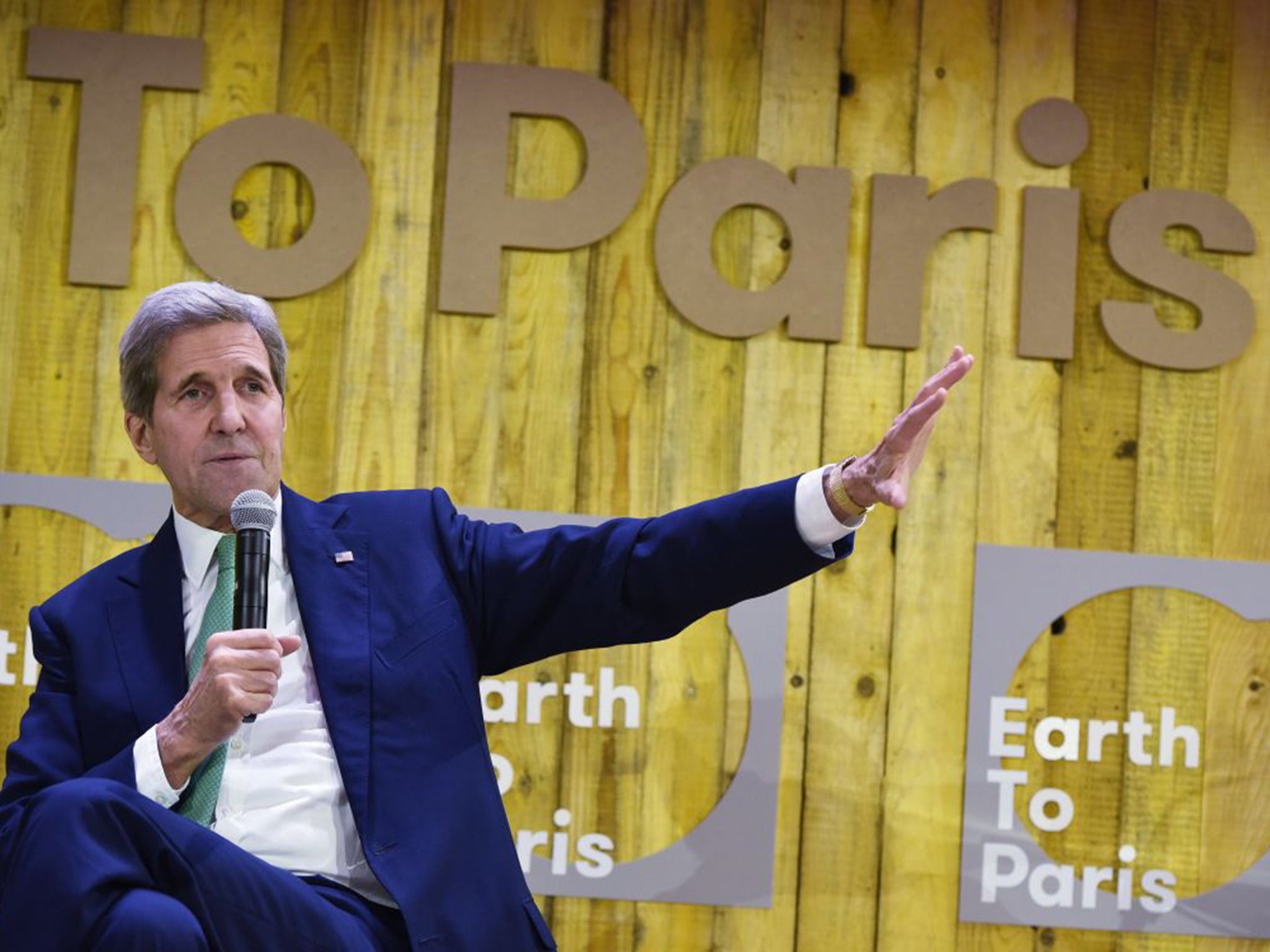Behind the scenes at COP21, the rich countries responsible for climate change outsource their problems to the poorest
US emissions could rise, so long as developing countries make deals that trap themselves in poverty cycles. This is hardly the situation we envisioned

The concept that those responsible for climate change – the rich, industrialised countries – have more responsibility for halting it has been fundamental to the UN climate process since its inception. But under the guise of pushing for a more ambitious deal in Paris, which looks to cap global warming at a 1.5C rise rather than 2C, the US is trying to change this, to ensure that climate change is an equal responsibility of all countries.
It seems of no importance to negotiators that some countries barely produce any carbon emissions, and that to cut back in their current state means never-ending poverty. It’s that, or they burn.
Currently, rich countries are supposed to radically cut their emissions and provide finance to put all countries onto a low carbon pathway out of poverty – including through the transfer of technology. But the richer group of countries, led by the US, are putting no money on the table, and the US is arguing that even the inadequate emissions reductions proposed so far are not legally binding. So how will we halt climate change? Apparently by ensuring that developing countries do more.
Most cynically of all the US is trying to promote the idea of ‘net reductions’ of carbon emissions. This sounds positive – carbon emissions will fall. But they won’t necessarily fall in the US.
Essentially, ‘net reductions’ means that US emissions could in fact rise, as long as pollution is outsourced. This would most likely happen via a new financial market, like the carbon market, which allows countries to sell credits for their lack of emissions. Speculators will get more wealthy, emissions from rich countries expand, and poorer countries – or their elites – sell off their right to develop. It becomes a poverty trap.
However quickly we halt climate change, natural disasters will happen – and they will happen more often. Indeed, they’re happening already. So shouldn’t those who caused climate change compensate those who face these natural disasters - especially, for instance, small islands that might be wiped out entirely?
In the face of bitter US opposition, the UN agreed that yes, such countries should receive compensation for such loss and damage. At Paris, countries including small islands are trying to turn this into a reality. So the US has come up with a magnanimous compromise. They want the final deal to say,‘OK, you can have the principle, but only if it’s impossible to actually claim any compensation under the provision.’ So everything exists in theory – just not in practice.
Currently developing countries are putting up a brave and united fight against these proposals, under the leadership of G77 Ambassador Mxakato-Diseko. She made her feelings clear, saying: “We don't know where this new language is coming from and what its intention is. But we know that it creates conditions that does not enhance trust ...there are countries that are being wiped out." After she said this, we’ve heard that the rumours have already started coming in from rich countries to the governments of the G77.
So, as we’ve seen before, African, Asian and Latin American countries will now get picked off. Poorer countries already have their small delegations increasingly stretched just to be able to attend all the meetings. A new working group, which includes British Secretary of State for Energy and Climate Change Amber Rudd, will start ‘banging heads’ together. Aid and trade deals will be offered and withdrawn. No matter what their previous statements, rich countries will inevitably fall in behind the US.
So the rich countries might look like they’ve done their best. But even if they get a deal, it won’t work. It won’t work because the price for halting climate change cannot be poverty without end for those that haven’t contributed towards it. Climate change requires equity, and this requires action primarily by the US and rich countries.
If there is no deal, or if there is a bad deal, let’s make no mistake – the blame will lie with the US government and its rich friends.



Join our commenting forum
Join thought-provoking conversations, follow other Independent readers and see their replies